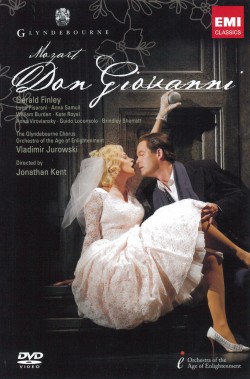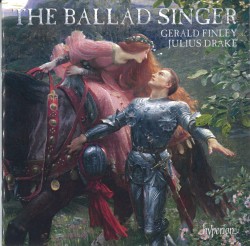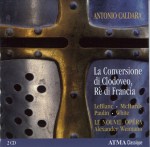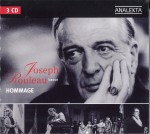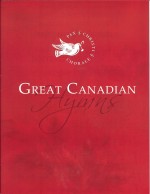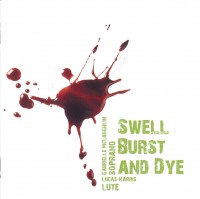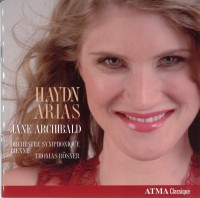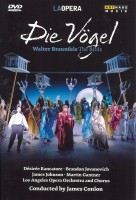Songspin - Juice vocal ensemble
Juice vocal ensemble
Nonclassical Recordings (www.nonclassical.co.uk)
Traditional, classical and new music meet head on in the debut album by a cappella vocal trio Juice. Bringing art music forward to a hip, modern sensibility, their performances are enjoyed from Wigmore Hall to Austin's SXSW festival. Despite arrangements that are incredibly complex and vocally demanding, their delivery is crystal clear, clean and precise whether mimicking the babbling brook in Paul Robinson's Triadic Riddles of Water or a pointillistic, northern lights-like brilliance in Elisabeth Luyten's Of the Snow. With the use of breath, sighs, sonorous and dissonant harmonies, these women demonstrate how the primal resonance of the human voice has the ability to shape (or even bend) our psyches. Downright eerie are arrangements of the traditional English folksong Cruel Mother as well as group member Kerry Andrew's compositions Lullaby for the Witching Hour and luna-cy. Both a sense of wonder, and fear of the tenuous relationship between mother and child is evoked through the use of punctuated breath and long, languorous sighs in an arrangement of Gillian Welch & T-Bone Walker's Didn't Leave Nobody but the Baby. Extremes in rhythmic complexities are perfectly executed in James Lindsay’s Sanbiki No Kasikoi Saru sounding almost like a game of skill in which none of the three voices trip or falter. They end off the recording with seven playful, quirky remixes; having already taken the listener to the edge, they then extend far beyond.



